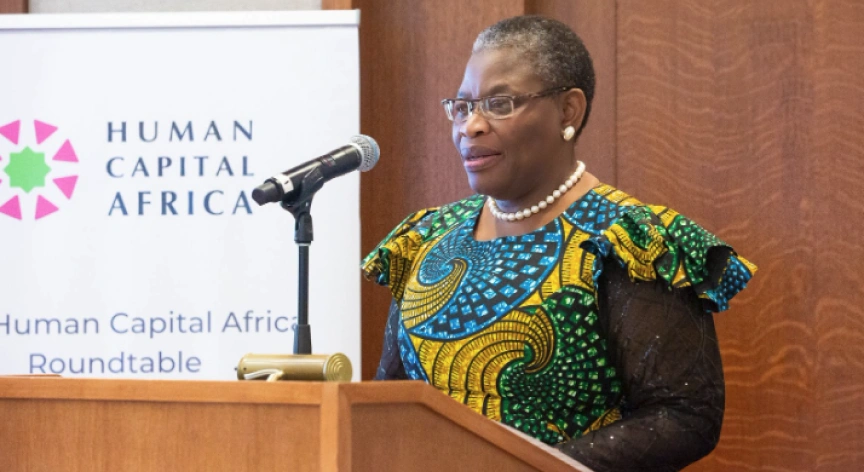Most governments recognize the need to improve health and education outcomes but fail to act. Data-driven advocacy led by local champions can help drive action.
Most governments are well-informed about the challenges they face in the health and education sectors. However, they often fail to turn this awareness into the adoption of the right policies or the effective implementation of comprehensive reforms.
If done right, data-driven political advocacy led by local champions and influencers can help drive change.
Five best practices can promote the effective delivery of such strategies:
Use “shocking” facts to create a sense of urgency
Convincing political leaders about the scale and impact of the problem is critical to any advocacy effort. Leveraging data to clearly establish the issue and create a sense of urgency is therefore essential.
In global education, several leading development partners have come together to use striking facts, such as “90% of children in low-income countries are unable to read a simple sentence by the age of 10” to do exactly this. Shocking statistics such as this are critical to grab the attention, inspire action and create a sense of urgency among decision-makers.
Source: World Bank and UNESCO Institute for Statistics
Show the problem
While dashboards and data-packs are a powerful tool, sometimes leaders need more than these to fully understand and see the problem.
In education in particular, taking policy-makers to the classroom, or bringing the classroom to them through videos and photos can sometimes evoke a far stronger response than charts do.
Regional advocacy organisations in Africa leverage this successfully at global forums such as the Transforming Education Summit, where they used powerful videos that illustrate the difference between children who can read comfortably versus those who cannot. This helps people have first-hand experience of the problem and understand the implications.
Leverage local voices and champions
The messenger is as important as the message. Leveraging the voices of trusted local champions and practitioners often amplifies the issue far better than communications coming from global actors.
Human Capital Africa, for instance, has brought together several African champions and leaders on a united platform to urge governments to not only pay attention to the learning crisis, but also take the necessary action to resolve it.
Dr. Obiageli Ezekwesili speaking on the learning crisis in SSA at the Transforming Education Summit in New York (2022)
Focus on solutions, not just on the problem
Country leaders are already well aware of the various education crises their countries face. Advocacy focused on a small set of critical actions implemented at scale draws far more attention than simply continuing to amplify data on poor performance.
Several development partners in global education are actively advocating for investments in proven techniques that improve learning, such as “structured pedagogy” or “teaching at the right level”, as opposed to spending more on financial incentives or building more schools.
Data from a World Bank report comparing the impact of various interventions on learning outcomes
Focus the ecosystem on messaging
Political leaders deal with dozens of issues on any given day. Efforts to unify messaging across the broader ecosystem, especially since their eventual goal is the same, can increase focus and enable a more rapid response. An unprecedented effort to proceed in this spirit is currently underway in global education, where local and global actors have come together under a common umbrella that symbolises a commitment to action. They are urging immediate and targeted measures to fix the learning crisis that our world is facing.



